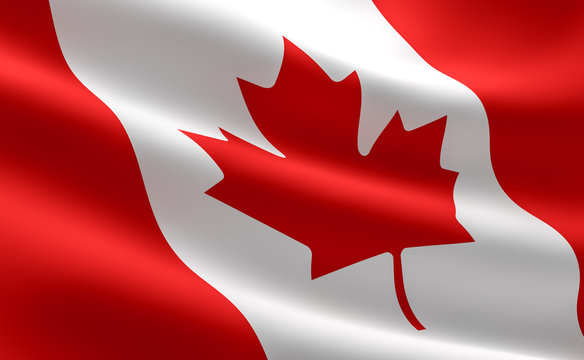The previously announced final draft for revisions to the Patent Rules (Rules) was registered with the Orders in the Council of Canada on June 2, 2022, and will be published in the Canadian Gazette, Part 2 (CG2) on June 22, 2022, with most sections taking effect on October 3, 2022. The purpose of these new Rules is to expedite the examination process in advance of the Canadian Intellectual Property Office’s (CIPO) duty under the Canada-United States-Mexico Agreement to adopt Patent Term Adjustment (PTA) provisions into Canadian Patent Law (CUSMA).
New amendments to Canada’s patent rules
Excess claims fees of $100 per claim for any claim above and beyond $20 are a substantial departure from present practice prior to CIPO. The calculation of excess claims costs at allowance has been updated, and the final draft is substantially identical to the proposed amendments to the Patent Rules issued by the CIPO on July 3, 2021. Excess claims costs were formerly intended to be determined based on the number of claims at the time of requesting examination and paying the final fee. Excess claims fees will be required at the time of requesting examination and reassessed at the time of paying the final fee based on the number of claims contained in the application at any time between the request for examination and the final fee payment, according to the final draft. As a result, if applicants want to avoid paying excessive claims fees, they must keep this rule in mind throughout the prosecution process while making claim revisions. Multiple dependencies and claims in the alternative, on the other hand, will still be counted as a single claim for the purposes of calculating the claims fees.
The addition of a Request for Continued Examination (RCE) mechanism after three examination reports represents a second significant change (office actions). Following the initial RCE request, the number of examination reports is limited to two, after which a second RCE is necessary to continue the examination, and so on. Furthermore, if a Notice of Allowance (NOA) is received but additional revisions to the application are requested (other than the correcting of evident errors), an RCE request must be submitted in place of the present request for withdrawal of the NOA procedure. In any case, an RCE fee will be charged in the same amount as the ordinary examination fee.
The above-mentioned rules relating to excess claims fees and the RCE procedure will take effect for any application where the examination is sought on or after the coming-into-force date of October 3, 2022, under transitional provisions of the new Rules. As a result, if an Applicant wants to avoid paying excessive claim fees or having their number of examination reports limited, they must request examination on any application that is currently in the pre-examination stage before October 3, 2022.
The introduction of a Conditional Notice of Allowance (CNOA), when the Examiner considers that the application would be allowed but for minor deficiencies, and sets a four-month deadline to address these defects, is a less severe but still significant development. When filing the response, however, only revisions pertaining to flaws identified in the CNOA will be considered.
Other “housekeeping” changes to the Patent Rules include provisions to allow flexibility in correcting obvious errors in translations, changes to refer to the Patent Cooperation Treaty (PCT) sequence listing standard set out in World Intellectual Property Standard ST.26 (provisions on sequence listings will take effect on July 1, 2022), and a new extension of time mechanism for when an Applicant paid incorrect fees due to incorrect information provided by the Commissioner.
Any patent application filed on or after December 1, 2020, will be subject to any future PTA provisions under CUSMA. While we don’t know how PTA will be determined, we do know that patents granted more than 5 years after the filing date or 3 years after the request for examination date may be eligible for PTA, according to CUSMA. Applicants should keep this in mind when prosecuting any existing application before CIPO, and aim to avoid doing acts that could result in a decrease in PTA that the application would otherwise be eligible for. Filing one or more RCEs is one of these steps under the revised Rules.
The list of Canada IP Firms can be found here.
